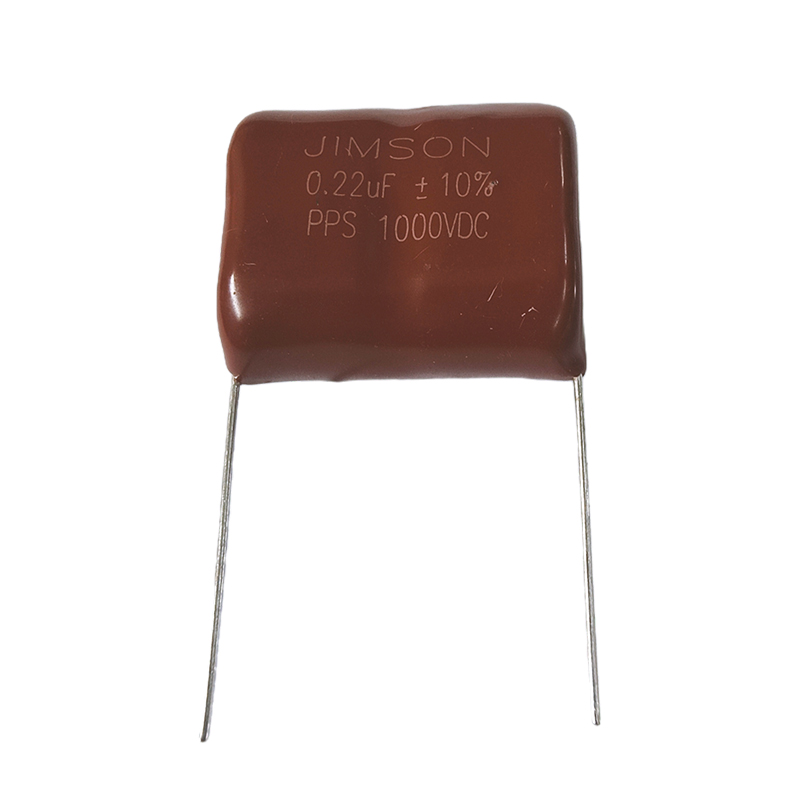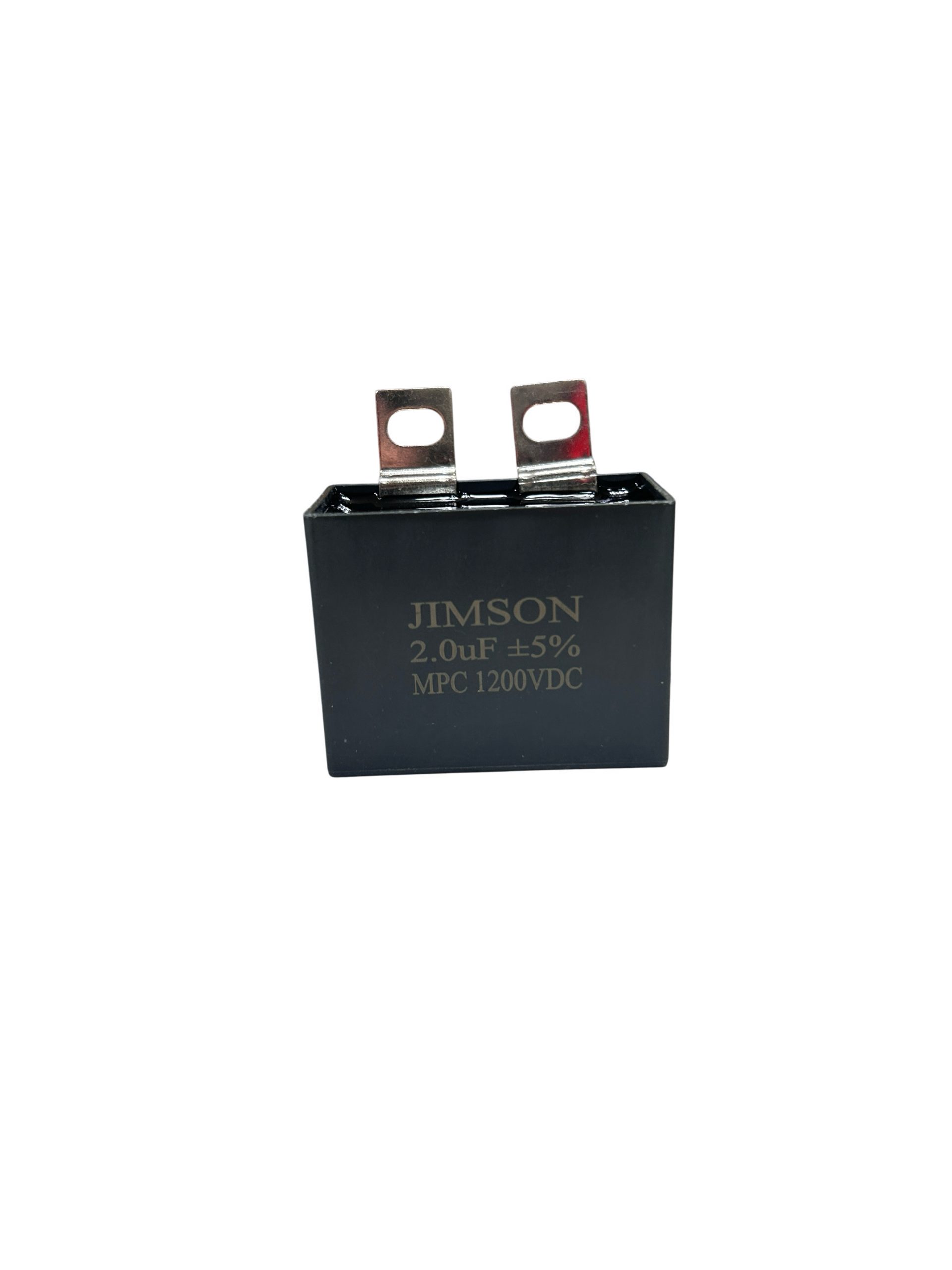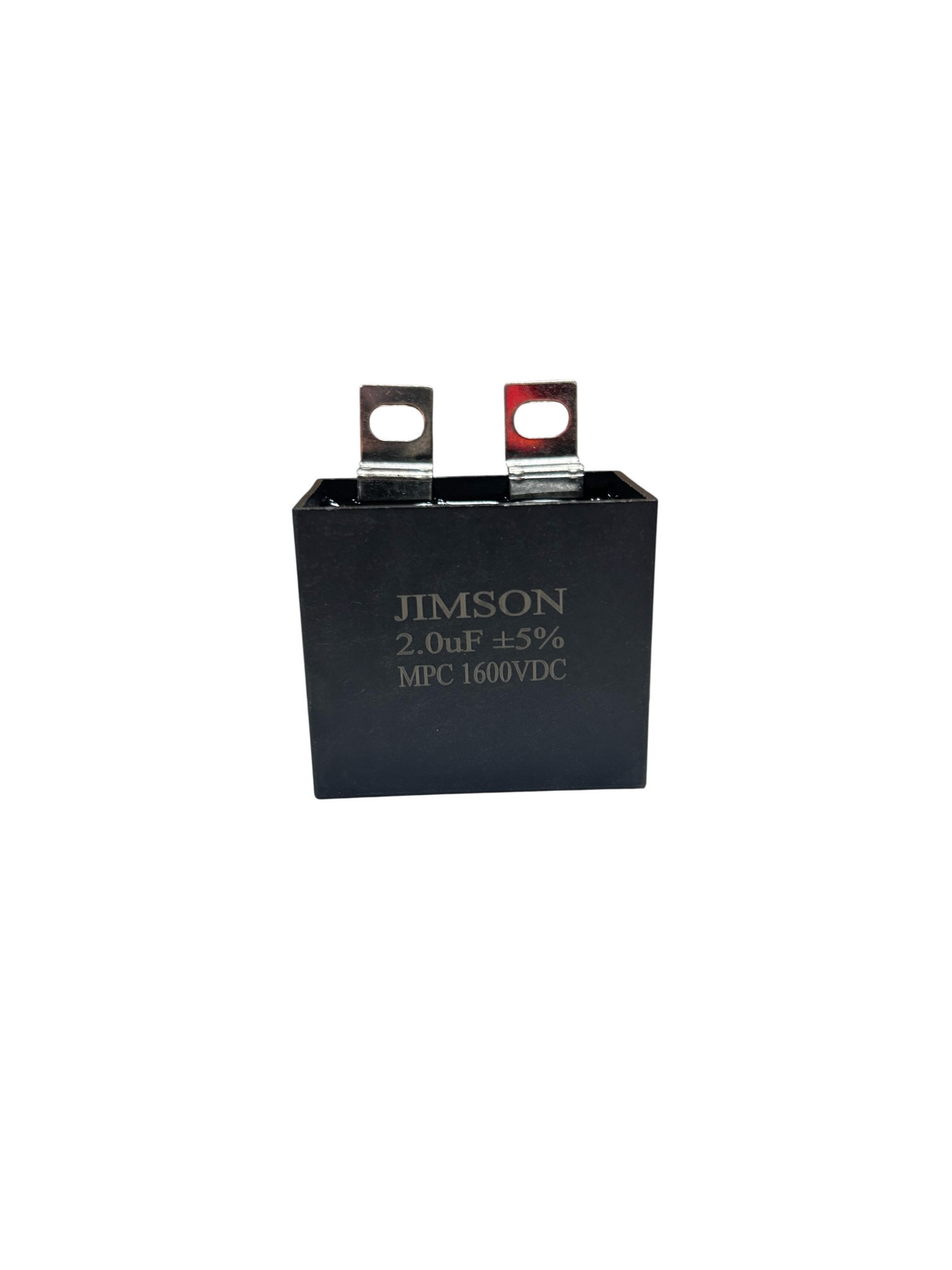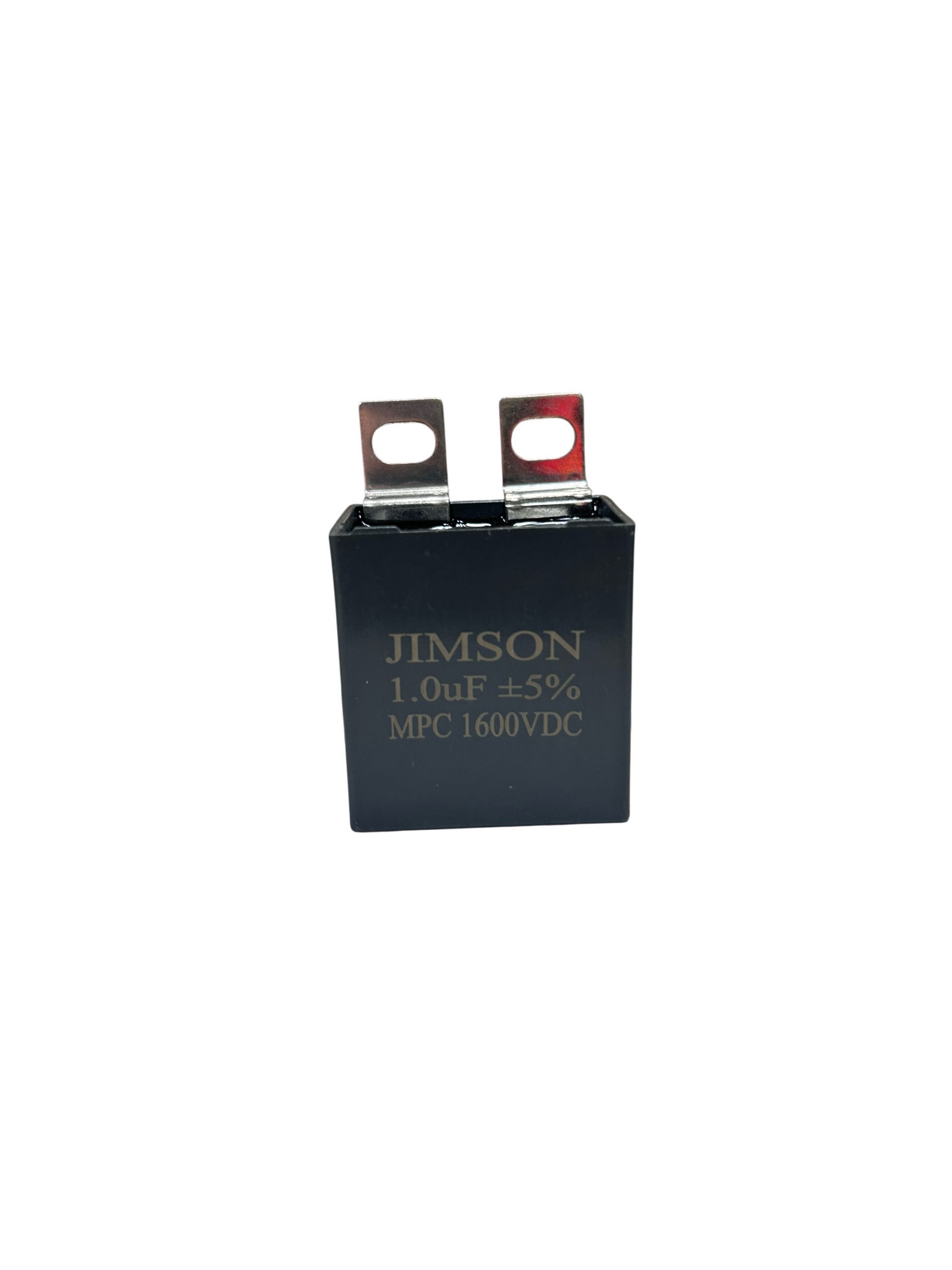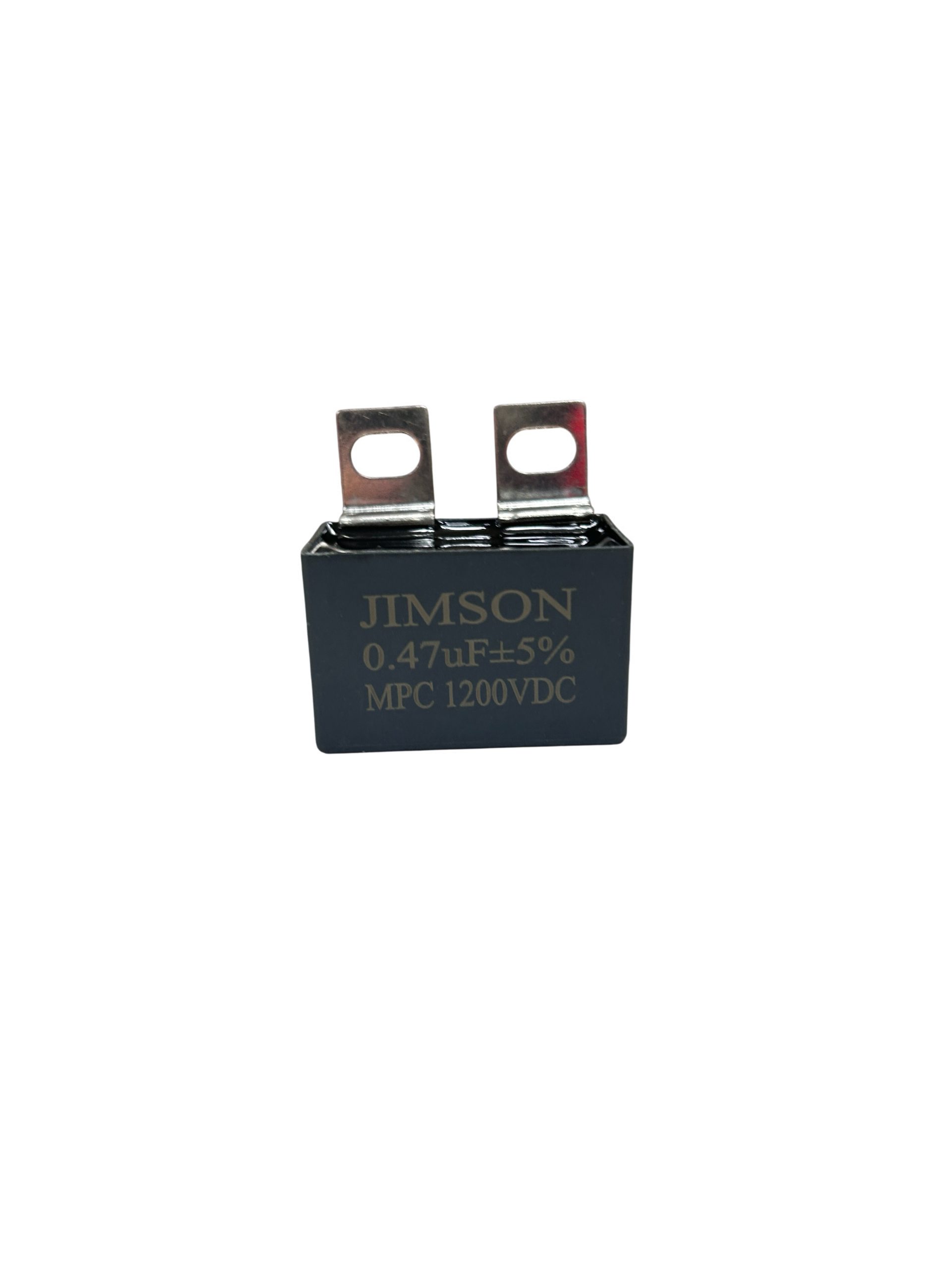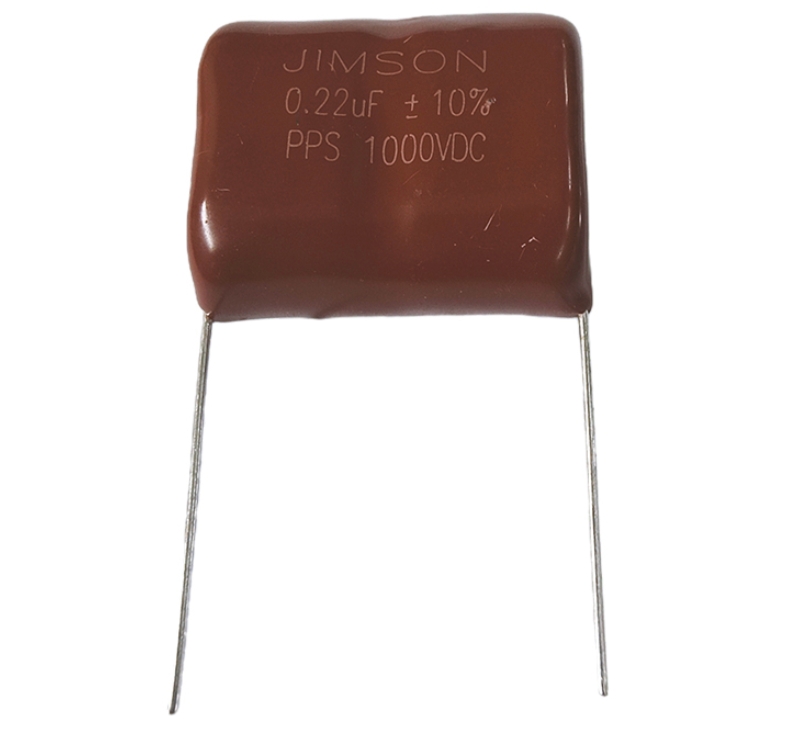
A capacitor is an electronic component that stores electrical energy in an electrical field. Foil polypropylene film capacitors are a type of capacitor that uses polypropylene film as the dielectric material and aluminum foil as the electrodes. This type of capacitor has several advantages over other types of capacitors, including high stability, low dissipation factor, and high insulation resistance. In this article, we will explore the work principle and guide to using foil polypropylene film capacitors.
What is a Foil Polypropylene Film Capacitor?
A foil polypropylene film capacitor is a type of capacitor that uses polypropylene film as the dielectric material and aluminum foil as the electrodes. The polypropylene film provides a high dielectric constant, and the aluminum foil provides a low resistance path for the flow of electrical current. This combination results in a capacitor with high stability, low dissipation factor, and high insulation resistance.
How does a Foil Polypropylene Film Capacitor Work?
A foil polypropylene film capacitor works by storing electrical energy in an electrical field between the two electrodes. When a voltage is applied across the electrodes, an electrical field is created, which stores the electrical energy. The capacitance of the capacitor is proportional to the surface area of the electrodes and the distance between the electrodes.
Advantages of Foil Polypropylene Film Capacitors
Foil polypropylene film capacitors have several advantages over other types of capacitors. Some of these advantages include:
High Stability: The stability of a capacitor is defined as the ability of the capacitor to maintain its capacitance over time and temperature. Foil polypropylene film capacitors have a high stability, making them ideal for use in applications where stability is important.
Low Dissipation Factor: The dissipation factor of a capacitor is defined as the ratio of the power dissipated in the capacitor to the power stored in the capacitor. Foil polypropylene film capacitors have a low dissipation factor, meaning that they waste less energy and are more efficient than other types of capacitors.
High Insulation Resistance: The insulation resistance of a capacitor is defined as the resistance of the dielectric material to the flow of electrical current. Foil polypropylene film capacitors have a high insulation resistance, meaning that they are less likely to fail due to dielectric breakdown.
Applications of Foil Polypropylene Film Capacitors
Foil polypropylene film capacitors are used in a wide range of applications, including:
Filtering: Foil polypropylene film capacitors are often used in filtering applications to remove unwanted electrical noise from a signal.
Power Supplies: Foil polypropylene film capacitors are used in power supplies to store electrical energy and smooth out the output voltage.
Audio Equipment: Foil polypropylene film capacitors are used in audio equipment to filter unwanted electrical noise and improve the sound quality.
Medical Equipment: Foil polypropylene film capacitors are used in medical equipment to provide a stable and safe source of electrical energy.
Guide to Using Foil Polypropylene Film Capacitors
When using foil polypropylene film capacitors, it is important to consider several factors to ensure that they are used correctly and perform optimally. Some of these factors include:
Capacitance: The capacitance of a capacitor is defined as the ability of the capacitor to store electrical energy. It is important to select a capacitor with the appropriate capacitance for the specific application, as too high or too low of a capacitance can result in poor performance.
Voltage Rating: The voltage rating of a capacitor is defined as the maximum voltage that the capacitor can handle without breaking down. It is important to select a capacitor with a voltage rating that is suitable for the specific application, as using a capacitor with too high of a voltage rating can result in dielectric breakdown.
Operating Temperature: The operating temperature of a capacitor is defined as the temperature range in which the capacitor can be used without losing performance. It is important to select a capacitor that is suitable for the specific operating temperature, as high temperatures can cause the capacitor to degrade over time.
Mounting: The mounting of a capacitor is important for ensuring that the capacitor operates correctly and has a long lifespan. It is important to select a suitable mounting method, such as through-hole or surface mount, and to follow the manufacturer’s guidelines for installation.
Handling: It is important to handle foil polypropylene film capacitors with care to avoid damaging the electrodes or dielectric material. It is recommended to avoid exposing the capacitors to excessive moisture or mechanical stress, and to store them in a dry, cool environment.
Conclusion
Foil polypropylene film capacitors are a versatile and reliable type of capacitor that are used in a wide range of applications. By understanding their work principle, advantages, applications, and proper use, you can ensure that you select and use the right capacitor for your specific needs.
Related Products

